BOONE, N.C. — Dr. Meredith McCarroll ’98 ’01 — Appalachian State University alumna, author, and director of writing and rhetoric at Bowdoin College in Brunswick, Maine — said the balance between dance and English shaped her time at Appalachian, keeping her “healthy and happy” while she learned to teach.
“Both English and dance taught me to be intentional in my choices, to keep my eyes and ears wide open, to believe that I have an important contribution to make and find joy in the work I took up,” she said.
She also credits her time in the university’s Watauga Residential College and such professors as Dr. Jay Wentworth, professor emeritus in Appalachian’s interdisciplinary studies program, for molding her into the “interdisciplinary thinker” she is today.
Her latest book, “Appalachian Reckoning: A Region Responds to Hillbilly Elegy,” was released earlier this month by West Virginia University Press.
Becoming a teacher, dancer and scholar
McCarroll’s development as a scholar and teacher of literature and writing, as well as a dancer and choreographer, is because of how she witnessed these roles modeled by her Appalachian professors and instructors, she shared.
“As a student, I saw them contribute to their fields, design innovative assignments and courses and manage to spend hours and hours with students like me,” she said.
After receiving her B.A. in English with a concentration in literary studies from Appalachian in 1998, McCarroll stepped into the role of teacher while pursuing her master’s in English at Appalachian. “The students in my classes at Appalachian were diligent, perceptive and bright, and they helped show me what a life in the classroom might look like,” she said.
McCarroll, who minored in dance, said she loved being a part of the Appalachian Dance Ensemble, where she was able to “develop as an artist and find a role onstage and backstage.” She cited Marianne Adams and Susan Lutz, professor and associate professor, respectively, in Appalachian’s Department of Theatre and Dance, as being “fantastic” instructors.
Offstage, she worked closely with Department of English professors Drs. Lynn Moss Sanders and Cece Conway, and Professor Emeritus Edwin “Chip” Arnold, who formerly taught in the English department, in her studies on Appalachian literature.
She was a research assistant for Arnold in his work on Cormac McCarthy and William Faulkner, and said he “demonstrated what it means to be a scholar.”
While at Appalachian, McCarroll was also a recipient of the Frances Holland Black Scholarship offered through the university’s gender, women’s and sexuality studies program. The scholarship allowed her to work as an editorial assistant with Dr. Maggie McFadden, professor emerita of women’s and interdisciplinary studies, on the National Women’s Studies Association (NWSA) Journal (now known as Feminist Formations).
“As I serve on several editorial boards, and as I submit my work to scholarly journals, I have a deeper understanding of that work because of my time with NWSA. My work with McFadden also led to future work grounded in gender and women’s studies,” she said.
McCarroll later earned a second M.A. in gender/cultural studies from Simmons College in Boston and a Ph.D. in English from the University of Tennessee, and said while she was initially intimidated when she traveled away from Boone, she quickly realized she was “incredibly well-prepared.”
“The strong curriculum, a diverse group of classmates and access to exceptional faculty had set me up for success as I left Appalachian,” she said.
Teaching the American South and Appalachia
In her role at Bowdoin, McCarroll works to ensure all students learn how to communicate thoughtfully and clearly.
“I work with the community to think about what classes are required, where teaching writing happens across disciplines and how we support students outside of the classroom,” she said.
McCarroll, who also teaches English and cinema studies courses, shared she loves to help students “find their unique and authentic voices,” and that, for her, “seeing students empowered to share their ideas, to ask questions and to learn from one another” is personally fulfilling.
“I also love teaching about the American South and Appalachia in a place like Maine to students from all over the world,” she added. “We take stereotypes and assumptions and explode them with stories and images from the region, and explore why simplistic ideas about the South get established in the first place.”
Writing on the ‘Appalachian identity’
Reflecting on her “Appalachian identity,” McCarroll wrote “On and On: Appalachian Accent and Academic Power” — a short narrative piece that she said has its narrative and theoretical roots in Appalachian’s East Hall and Watauga Residential College.
The piece led to and is included in her newest collection, “Appalachian Reckoning,” which McCarroll co-authored with Dr. Anthony Harkins, professor of History at Western Kentucky University.
The collection is diverse in perspective — offering scholarship, poetry, photography and personal narrative — and aims to “complicate the monolithic perspective of Appalachia that (J.D.) Vance’s ‘Hillbilly Elegy’ enables by providing a chorus of voices from the region,” she said.
McCarroll’s first book, “Unwhite: Appalachia, Race, and Film” (University of Georgia Press, October 2018), also has a clear lineage that traces back to Appalachia and examines the representation of Appalachian people in Hollywood film.
What do you think?
Share your feedback on this story.
Edited by Anthony Harkins and Meredith McCarroll
2019
By Meredith McCarroll
2018
About the Department of English
The Department of English at Appalachian State University is committed to outstanding work in the classroom, the support and mentorship of students, and a dynamic engagement with culture, history, language, theory and literature. The department offers master’s degrees in English and rhetoric and composition, as well as undergraduate degrees in literary studies, film studies, creative writing, professional writing and English education. Learn more at https://english.appstate.edu.
About the College of Arts and Sciences
The College of Arts and Sciences (CAS) at Appalachian State University is home to 17 academic departments, two centers and one residential college. These units span the humanities and the social, mathematical and natural sciences. CAS aims to develop a distinctive identity built upon our university's strengths, traditions and locations. The college’s values lie not only in service to the university and local community, but through inspiring, training, educating and sustaining the development of its students as global citizens. More than 6,800 student majors are enrolled in the college. As the college is also largely responsible for implementing App State’s general education curriculum, it is heavily involved in the education of all students at the university, including those pursuing majors in other colleges. Learn more at https://cas.appstate.edu.
About the Department of Theatre and Dance
The Department of Theatre and Dance is one of seven departments housed in Appalachian’s College of Fine and Applied Arts. Its mission is to facilitate transformative experiences for students and the public, which cultivate compassionate, creative and collaborative communities through theatre and dance. The department also offers coursework for integrated learning through the arts to the general university student population. Its dynamic co-curricular production program provides exemplary theatre and dance experiences to departmental students, the university community and the region. Learn more at https://theatreanddance.appstate.edu.
About the College of Fine and Applied Arts
Appalachian State University’s College of Fine and Applied Arts is a dynamic and innovative group of seven academic departments, bringing together a variety of perspectives, experiences and real-world education to provide unique opportunities for student success. The college has more than 3,500 undergraduate and graduate majors. Its departments are Applied Design, Art, Communication, Military Science and Leadership, Sustainable Development, Sustainable Technology and the Built Environment, and Theatre and Dance. Learn more at https://cfaa.appstate.edu.
About Appalachian State University
As a premier public institution, Appalachian State University prepares students to lead purposeful lives. App State is one of 17 campuses in the University of North Carolina System, with a national reputation for innovative teaching and opening access to a high-quality, cost-effective education. The university enrolls more than 21,000 students, has a low student-to-faculty ratio and offers more than 150 undergraduate and 80 graduate majors at its Boone and Hickory campuses and through App State Online. Learn more at https://www.appstate.edu.
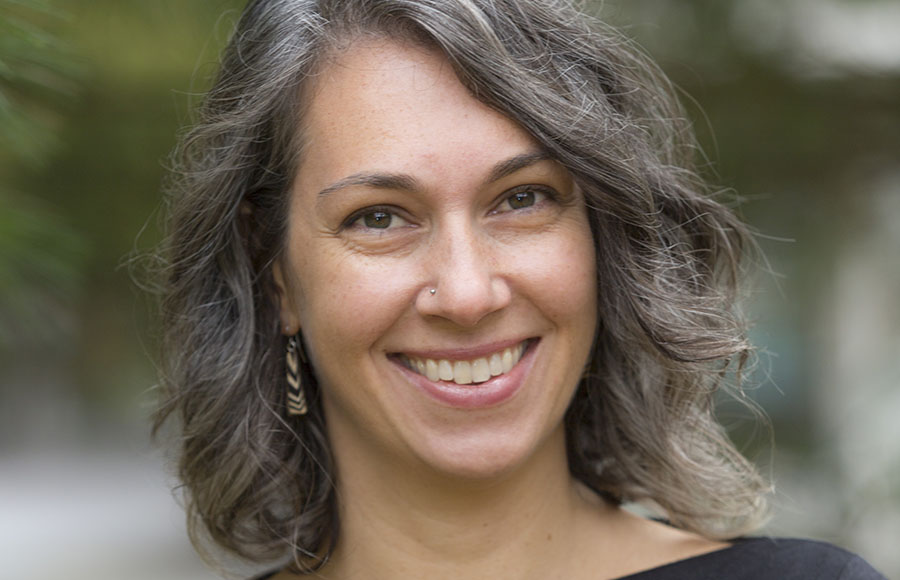
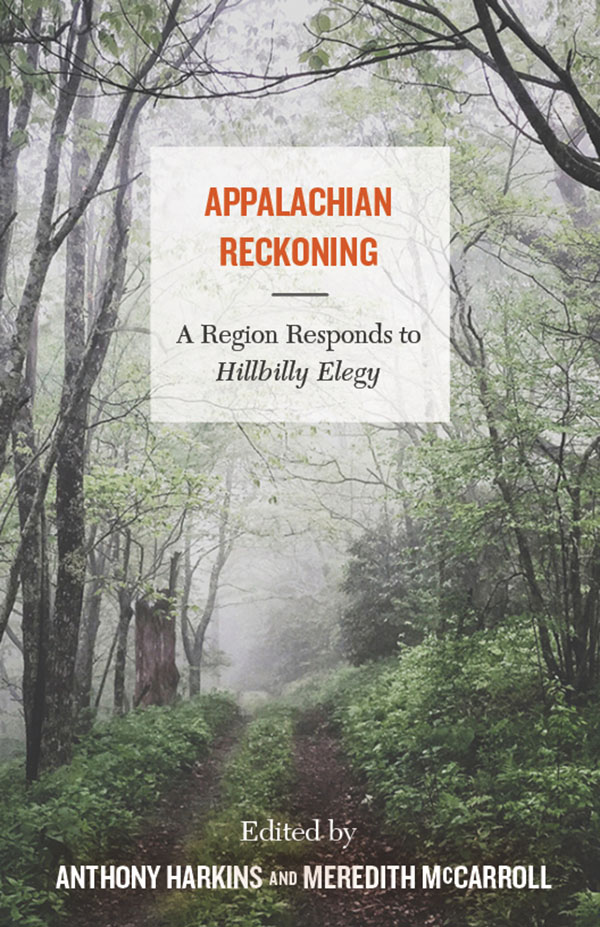
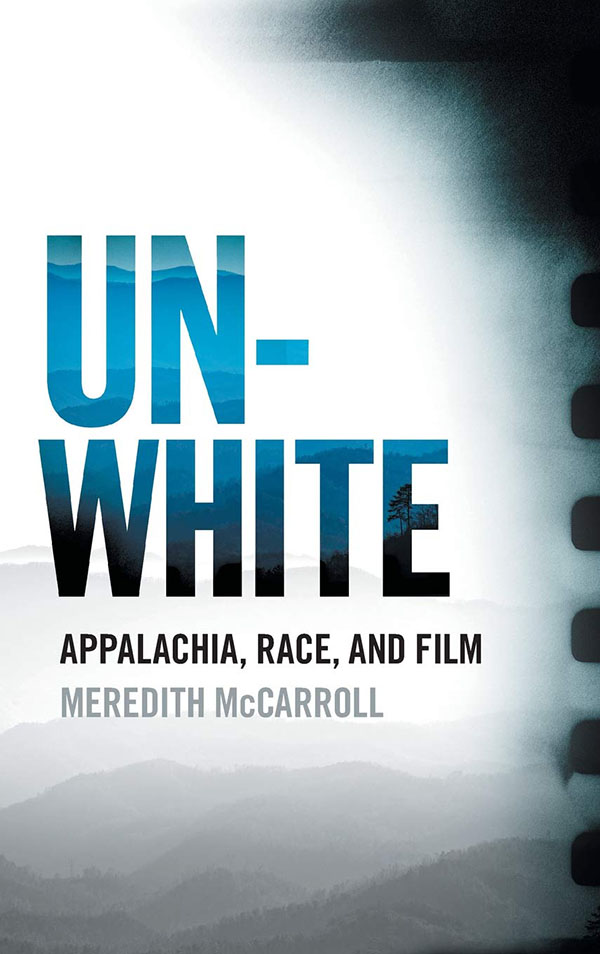
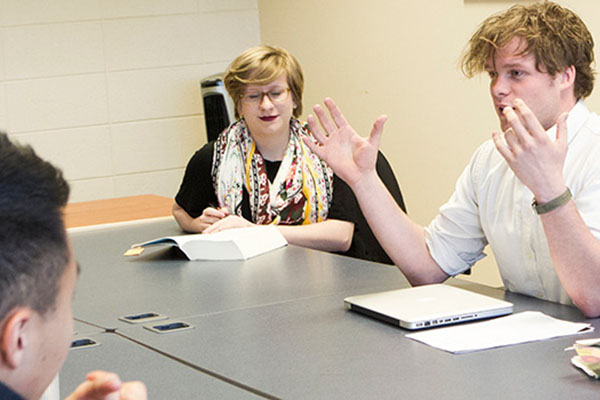
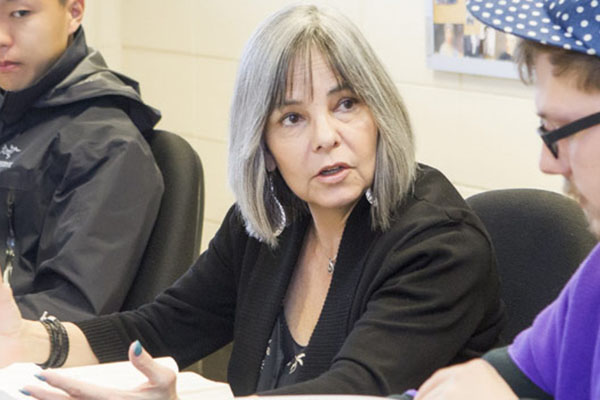
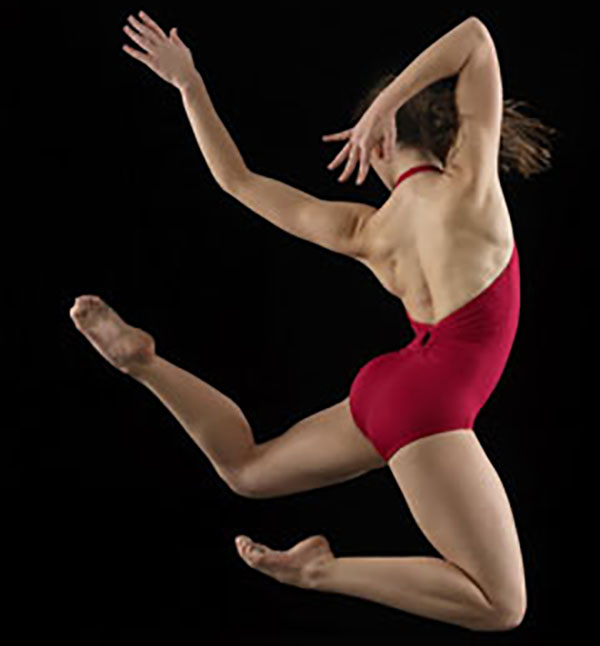



![How NCInnovation Is Rethinking Economic Development in North Carolina [faculty featured]](/_images/_posts/2026/02/rethinking-economic-development-600x400.jpg)







